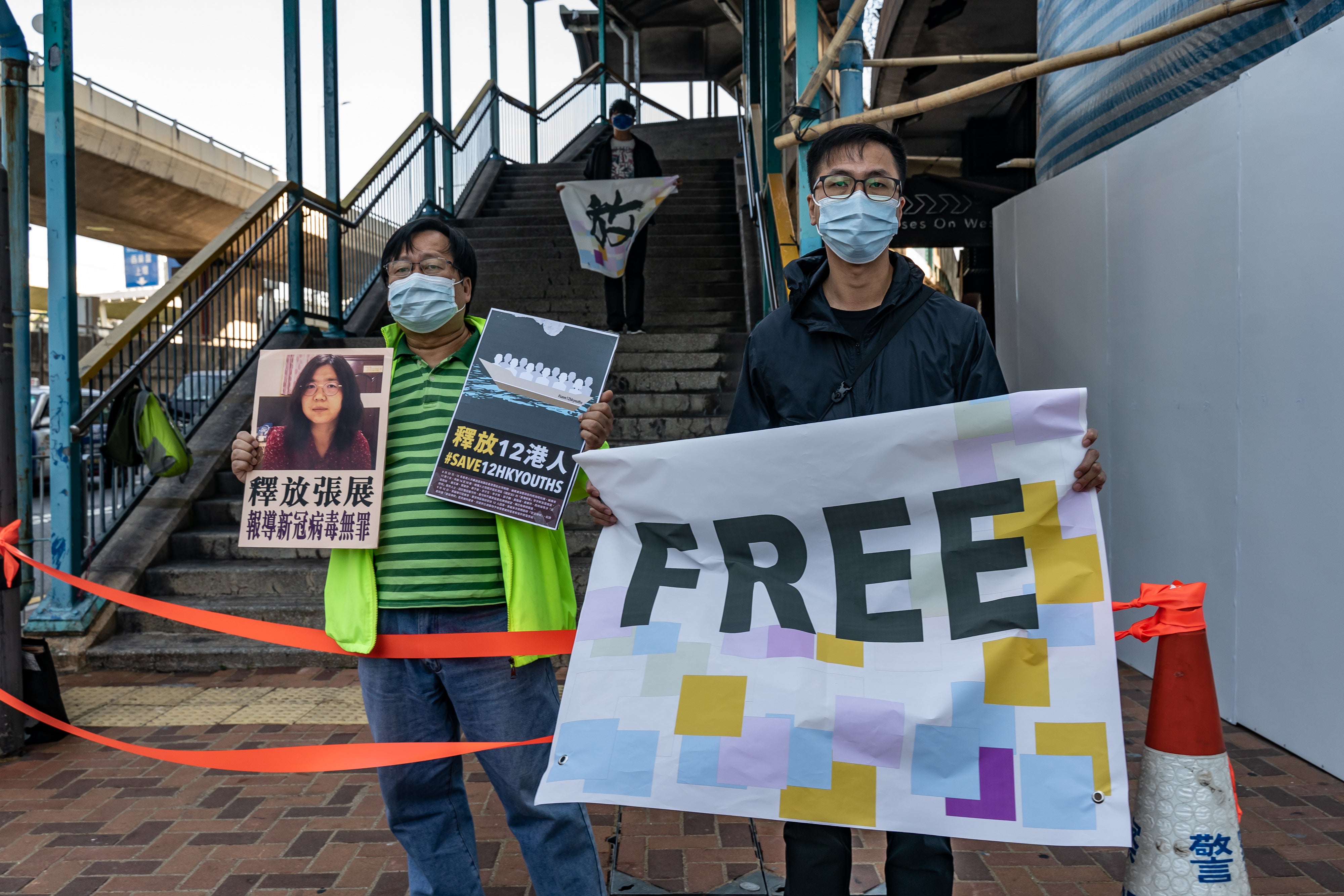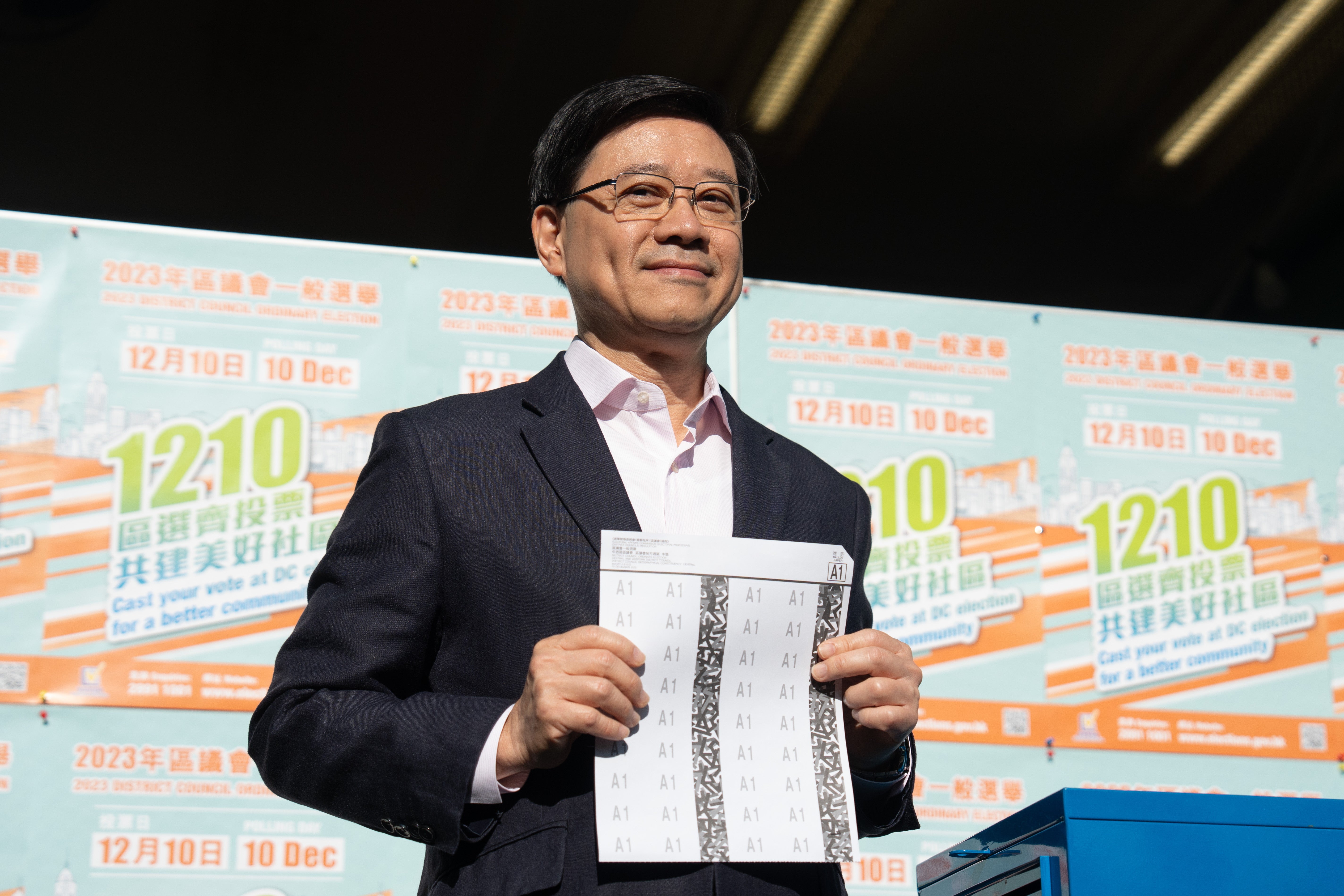Hong Kong’s legislature has proposed a new code of conduct that would prohibit lawmakers from “vilifying” the government and seek mandatory “sincere support” for Beijing’s overall control over the city.
The rules, aimed at enforcing loyalty, include a five-tier penalty system with possible suspensions and pay cuts for violation of the code.
The new code of conduct was proposed in the Hong Kong Legislative Council (LegCo) this week and is expected to kick in at the start of the next legislative term, pending review by the House Committee.
The legislators should “sincerely support the Chief Executive” and the Special Administrative Region’s (SAR) government while performing their duties in a constructive manner, according to the document.
“They should not intentionally vilify the governance credibility of the Chief Executive and the SAR Government, nor should they deliberately undermine or weaken the effectiveness of executive-led governance,” it adds.
It also calls for the thorough implementation of the principle of “patriots administering Hong Kong”, referring to the mandates that only individuals who are loyal to Beijing and the Chinese Communist Party (CCP) can hold public office in Hong Kong.

LegCo president Andrew Leung said the rules won’t stop legislators from speaking up, but warns they must “not cross the red line”, according to Hong Kong Free Press.
To enforce the new code, LegCo has proposed expanding the role of the Committee on Members’ Interests and renaming it the “Legislative Council Supervisory Committee”.
The revamped body would be empowered to investigate complaints against lawmakers and impose disciplinary sanctions.

Observers note that the codes are part of a wider push since the 2020 national security law to tighten control over political dissent and ensure only pro‑Beijing “patriots” govern in Hong Kong.
Following the massive and months-long anti-government protests in 2019 that erupted in response to a proposed law allowing extraditions to mainland China, Beijing imposed a national security law in June 2020, effectively silencing dissent.
Many prominent activists have since been prosecuted or jailed, pro-democracy media outlets have been shut down, and civil society groups have disbanded or gone underground.
In March 2021, Beijing enacted legislation aimed at ensuring that only “patriots” could govern Hong Kong.
The reform slashed democratic representation in the legislature, imposed tighter control over elections, and introduced a pro-Beijing vetting committee to screen candidates.
While the Hong Kong government claimed the overhaul would safeguard the city’s stability and prosperity, it drew widespread international criticism for effectively barring pro-democracy candidates from contesting.






